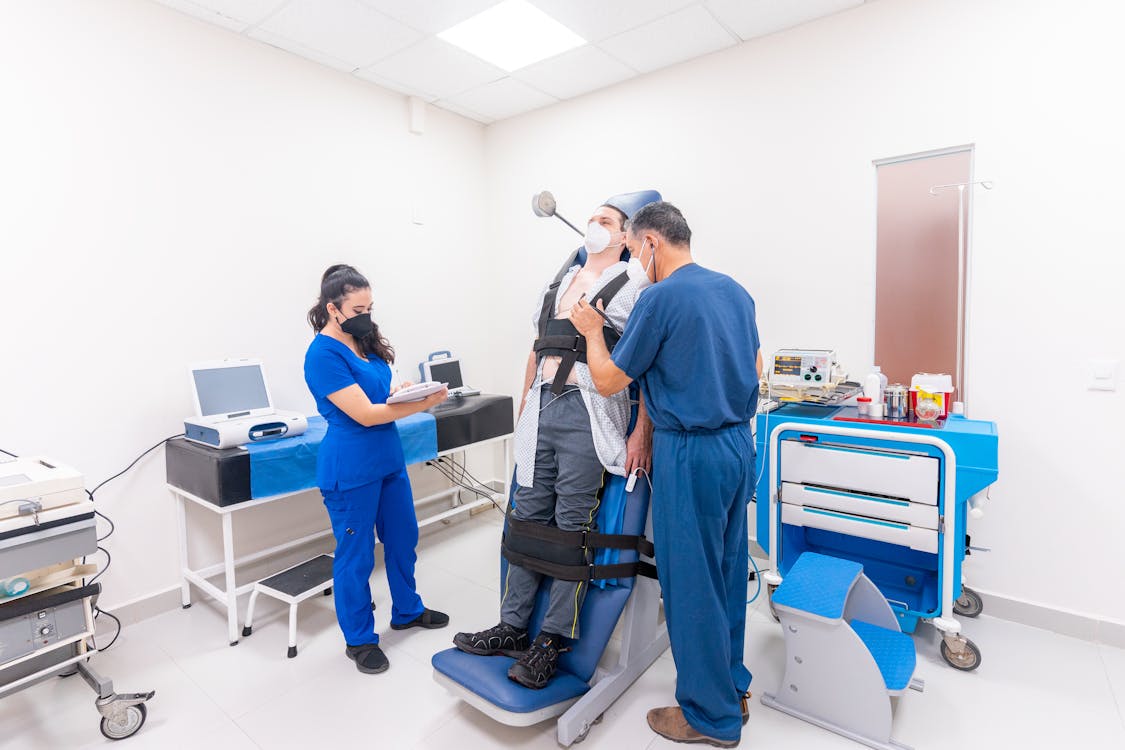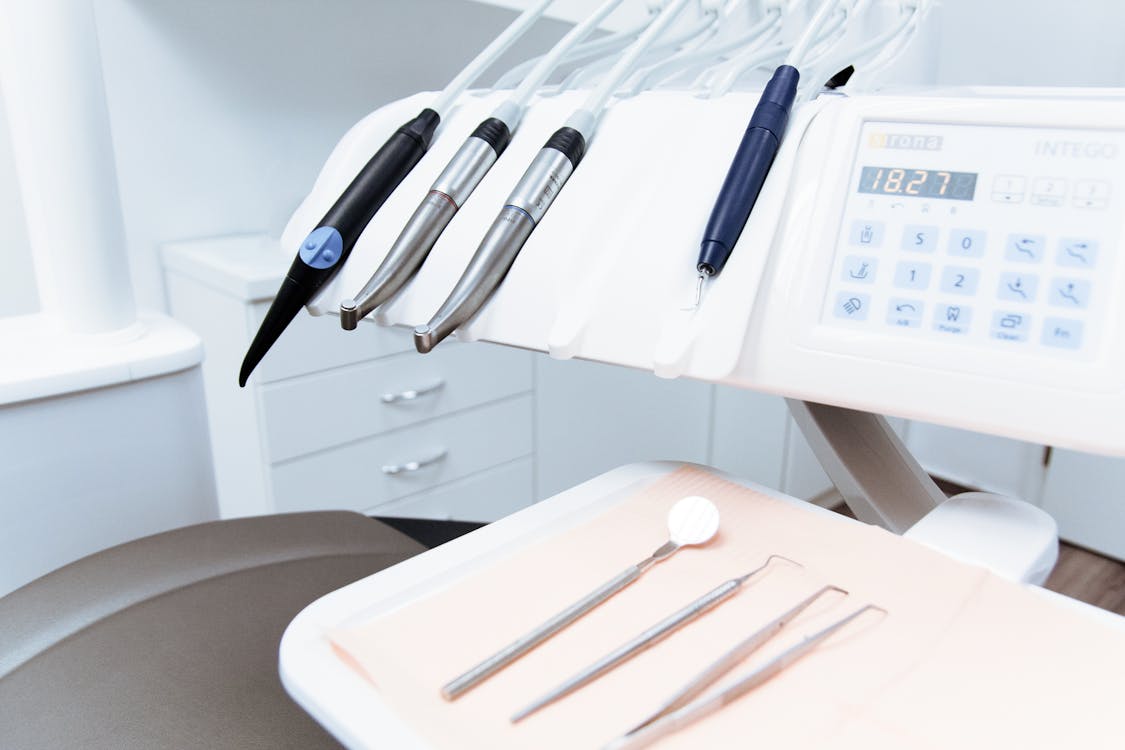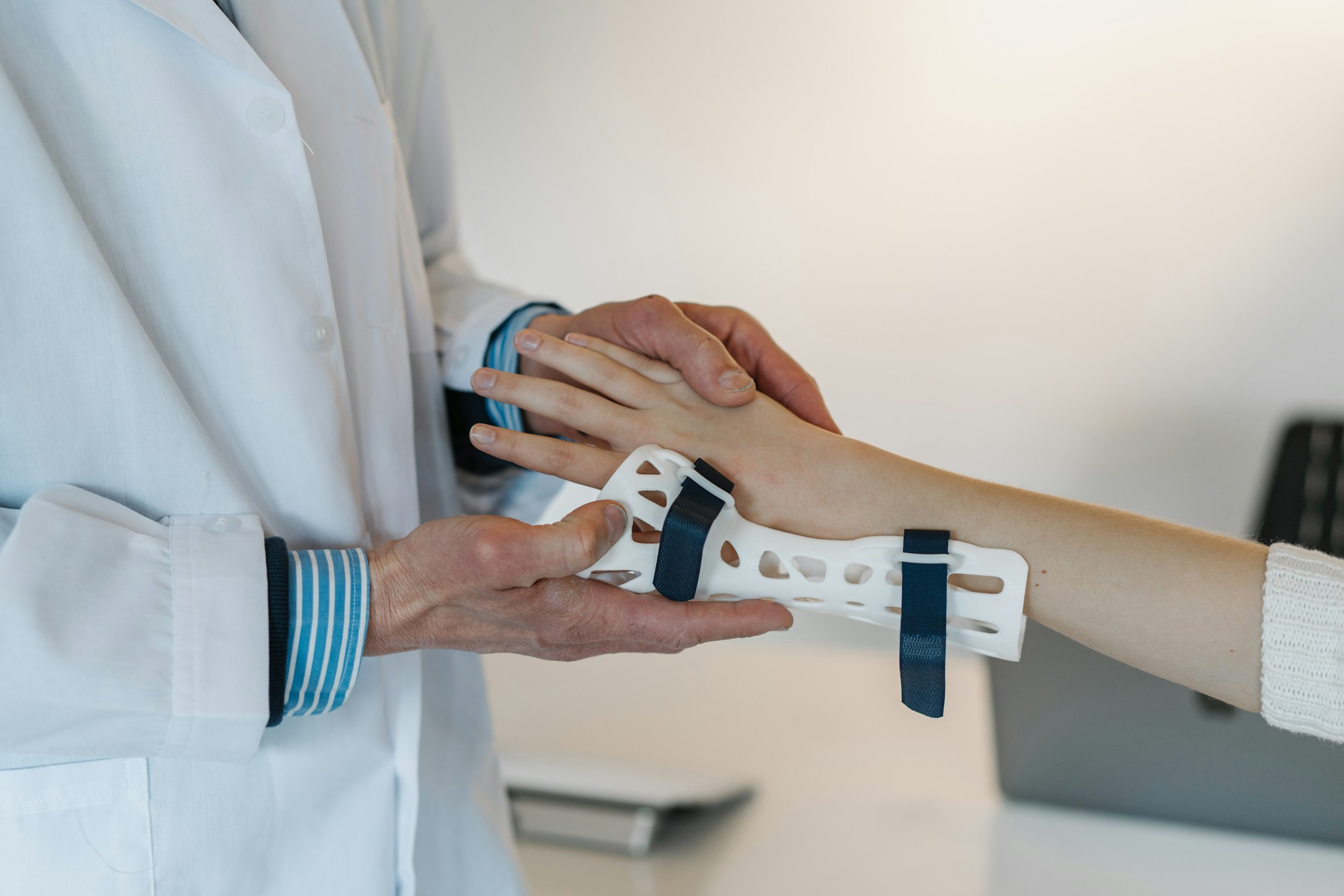10 New and Useful Health Tips From 2022 Research

Table of Contents

Source: Efraimstochter/Pixabay
Research in 2022 offered a wealth of information about health and healthy aging. From these studies, I’ve chosen 10 that offer “actionable” tips you could implement with relative ease. Although most studies summarized in this post focused on those in the 50-65 and above age range, younger people can also benefit. As the old saying goes, to have a healthy old age, start young.
Some of these studies reflect correlation, not causation. Others confirm previous research, but there were also some surprises, like the first tip below.
Research-Based Tips
1. Get a flu shot; you could lower your risk of Alzheimer’s disease.
Of course, the flu shot lowers your risk of getting the flu. But did you know that a flu shot might lower your risk of Alzheimer’s disease?
In a giant, nationwide study, researchers compared over 900,000 vaccinated patients with the same number of unvaccinated patients. The results: “During 4-year follow-up appointments, about 5.1 percent of flu-vaccinated patients were found to have developed Alzheimer’s disease (whereas) 8.5 percent of non-vaccinated patients had developed Alzheimer’s disease during follow-up.”
Why a flu shot might have a protective effect is not clear. Some experts speculate that vaccinations activate the immune system in a way that wards off or slows dementia processes.
While these results reflect correlation, not causation, I think the moral of the story is clear: Get a flu shot.
2. Stay in during extreme weather days; you could avoid death from heart disease.
Extreme heat or cold weather days are linked to greater mortality from heart disease, based on an analysis of 32 million cardiovascular deaths among people in 27 countries. (Cardiovascular disease, or CVD, includes arrhythmia, heart failure, stroke, and ischemic heart disease.) In a nutshell, “For every 1,000 deaths from CVD, the researchers found that extreme hot days resulted in 2.2 additional deaths, and extreme cold days accounted for 9.1 additional deaths.”
What can you do? Watch the forecast and prepare for the weather. Buy food before extreme weather strikes. In hot weather, avoid going outside when temperatures are highest, usually in the early afternoon. Stay hydrated. Stay in the air conditioning or go to a cooling center. In cold weather, stay inside. Avoid shoveling snow and other high-intensity forms of exercise. Have a backup plan for emergencies.
3. Drink coffee; it may benefit your heart and lower your risk of death.
New research has added yet another page to the expanding book of coffee benefits. Drinking two to three cups of coffee a day was associated with both a lower risk of heart problems and also with living longer, according to this summary of three large studies. These results held true both for people with and without existing cardiovascular disease. Researchers said the analyses—the largest to date to look at coffee’s potential role in heart disease and death—provide reassurance that coffee “isn’t tied to new or worsening heart disease and may actually be heart protective.”
Tip: To lower your risk of heart disease by 10-15 percent, consider moderate coffee drinking. Drinking two to three cups per day is associated with the lowest risk of heart disease and greater longevity. By the way, drinking decaf did not have as many benefits as drinking caffeinated coffee, though it did have some, as there are many substances in coffee besides caffeine that could be helpful. The study authors warn, however, not to increase coffee intake if it makes you feel anxious or uncomfortable. And as with all medications, effective and safe “dosages” may vary.
4. Turn off excess lights at bedtime.
Did you know that too much light while you are sleeping can interfere with your health? A study of 522 participants (men and women) ages 63-84, found that any amount of light exposure during sleep hours was linked to a higher risk of diabetes, obesity, and high blood pressure. A small study with 20 young people similarly showed that any amount of light while sleeping “revved up” the fight-or-flight response, such as raising the heart rate.
Self-Help Essential Reads
To counteract these effects, researchers made these suggestions: Keep night lights dim and closer to the floor. Use soft light rather than bright white or blue. When sleeping, consider an eye mask to block the glare from outdoor and indoor lights. My recommendation? Safety first: Keep enough lights on to prevent falls.
5. For a longer life, cultivate optimism.
Does optimism help you live longer? Past studies show that it does. But those studies focused mainly on Whites. In this study, summarized here, Harvard researchers included women from various racial and ethnic groups to see if the optimism-longevity connection held up. Using a well-tested measure of optimism, the researchers determined that women with exceptional longevity—that is, aged 90 or above—had a 5.4 percent longer lifespan if they scored in the top fourth on the optimism test.
Optimism is not an inborn quality; you can learn to cultivate an optimistic mindset. Practice encouraging self-talk. Set achievable goals and work on them, step by step. When faced with a setback, consider your opportunities and possibilities rather than your limitations.
6. Wake up at the same time every day, stay active, and have a consistent daily routine.
Sometimes the word “routine” has negative connotations, implying something humdrum, boring, or workaday. However, a fascinating study of 1800 seniors over 65 showed that those who followed a daily routine were happier and performed better on cognitive tests than those seniors who did not.
“There’s something about getting going early, staying active all day, and following the same routine each day that seems to be protecting older adults,” said lead author Stephen Smagula, Ph.D., assistant professor of psychiatry and epidemiology at the University of Pittsburgh. “What’s exciting about these findings is that activity patterns are under voluntary control, which means that making intentional changes to one’s daily routine could improve health and wellness.”
Tip: A possible first step, according to Smagula: Wake up at the same time every day—no matter how tired you are. And, if you can make your daily routine more meaningful, fun, and active, do it.
7. Taking a multivitamin might improve memory in older adults.
Despite tons of studies on vitamins and supplements, researchers have been hard-pressed to verify the health claims of many manufacturers. As for multivitamins, a recent, large-scale study seemed to find no improvement in brain function of physicians 65 and older who took multivitamins.
However, a new study, using a randomized, double-blind design, did find that the multivitamin group improved overall brain function, memory, and executive function. The volunteers were 65 and older and were followed for three years. (The vitamin they took? Centrum Silver.)
While this study needs follow-up, it offers hope that “if confirmed, it means that a safe, widely available, and inexpensive vitamin supplement could improve quality of life for many millions of aging people,” according to Robert Schmerling, M.D., editor of Harvard Health Publishing.
8. New research shows even more benefits of exercise—in almost any amount. Exercise helps you:
- Live longer. In a ginormous meta-analysis of 15 studies involving 50,000 people from 4 countries, researchers discovered that “for adults 60 and older, the risk of premature death leveled off at about 6,000-8,000 steps per day, meaning that more steps than that provided no additional benefit for longevity. Adults younger than 60 saw the risk of premature death stabilize at about 8,000-10,000 steps per day.”
- Improve your memory. This summary says it best: “Conducting a meta-analysis of 3,000 patients over 36 studies (carefully vetted from more than 1,200 studies in all), psychologists were able to find that specific exercise helps episodic memory—3 times a week for 4 months, with greater improvements among those who are age 55 to 68 years.” (Episodic memory refers to events that happened to you in the past.) That’s not much exercise for such a big payoff.
- Reduce your risk of heart disease, cancer, and death. Tiny exercise spurts of 1 to 2 minutes can help with this. As summarized by Dani Blum in The New York Times, research in Nature Medicine, “shows that tiny spurts of exercise (1- to 2-minute bursts of exercise) throughout the day are associated with significant reductions in disease risk … Those who engaged in one or two-minute bursts of exercise roughly three times a day, like … rapidly climbing stairs, showed a nearly 50 percent reduction in cardiovascular mortality risk and a roughly 40 percent reduction in the risk of dying from cancer as well as all causes of mortality, compared with those who did no vigorous spurts of fitness.”
9. To slow brain aging, get help from this government food program.
I was intrigued by a 20-year study from the Columbia University Mailman School of Public Health that compared those who used Supplemental Nutrition Assistance Program (SNAP) benefits to those who did not. In a nutshell, they discovered that participants (average age: 65) in SNAP had slower brain aging than eligible people who did not participate.
Researchers attribute the better brain health of SNAP participants not just to eating better, but also to less food insecurity and less financial hardship, factors that other studies have linked to premature brain aging. This study reminds us that social supports are often critical to physical and mental health.
10. When it comes to heart health, there’s no safe level of alcohol use. Limit or stop drinking.
Previous research on the link between alcohol and heart health had indicated that light drinking might have some cardiovascular benefits. But in this 2022 study of over 370,000 people, any amount of alcohol consumption was associated with a higher risk of both hypertension and coronary artery disease. The level of risk rose exponentially with higher consumption.
If you associate abstinence or drinking less with pain and suffering, consider these amazing studies on “Dry January,” in which participants vow to stay sober for one month. Surprisingly, just one month of sobriety brought a host of benefits in its wake. According to health writer Anahad O’Connor here, “taking a break from alcohol (triggered) immediate health benefits, like weight loss, better sleep, and a boost to … mood and energy levels, which can reinforce the new habit.”
© Meg Selig, 2022. All rights reserved. For permissions, click here.








